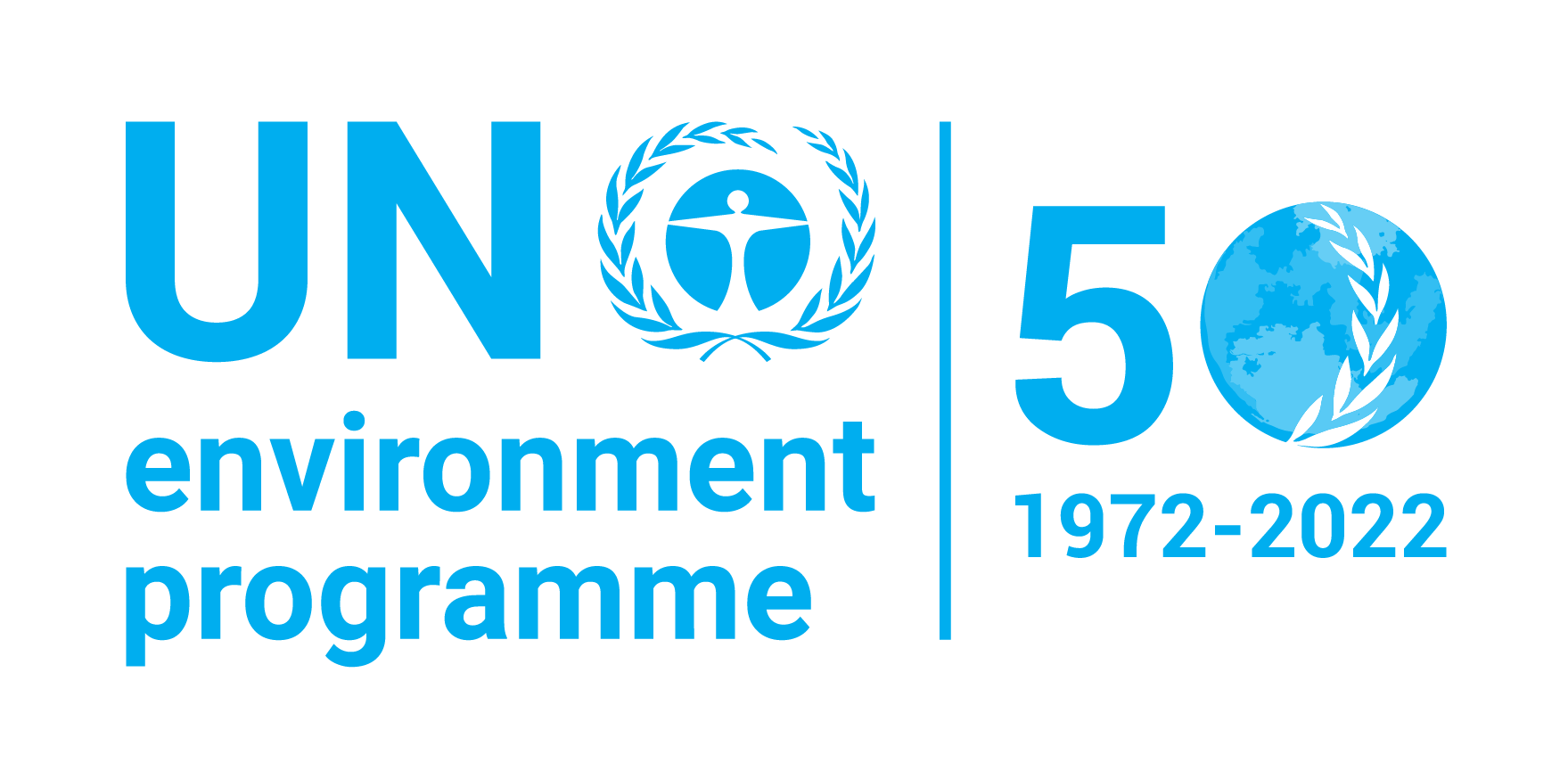| dc.contributor | Law Division | en_US |
| dc.contributor.author | United Nations Environment Programme | en_US |
| dc.date.accessioned | 2019-02-07T09:02:31Z | |
| dc.date.available | 2019-02-07T09:02:31Z | |
| dc.date.issued | 2019 | |
| dc.identifier.uri | http://hdl.handle.net/20.500.11822/27380 | |
| dc.description | Environmental rule of law requires a whole-of-society approach. While substantial emphasis is naturally placed on strengthening governmental institutions at the national, regional, and local levels, civil society also plays an essential role. This chapter focuses on the rights to information and participation in decision making. Access to justice is covered separately in the Justice Chapter, in order to fully cover all aspects of judicial remedies and enforcement as related to environmental rule of law. It is important to recognize that these three pillars of civic engagement—information, participation, and justice—act in a synergistic and mutually reinforcing manner to support increased inclusivity, transparency, and accountability in environmental rule of law. | en_US |
| dc.format | Text | en_US |
| dc.language | English | en_US |
| dc.rights | Public | en_US |
| dc.subject | CIVIL SOCIETY | en_US |
| dc.subject | Access to information | en_US |
| dc.subject | POPULAR PARTICIPATION | en_US |
| dc.subject | ENVIRONMENTAL JUSTICE | en_US |
| dc.subject | RULE OF LAW | en_US |
| dc.subject | ENVIRONMENTAL LAW | en_US |
| dc.title | 3. Civic Engagement - Environmental Rule of Law: First Global Report | en_US |
| dc.type | Chapters and Articles | en_US |
| wd.identifier.sdg | SDG 16 - Peace, Justice and Strong Institutions | en_US |
| wd.topics | Environmental governance | en_US |
| wd.identifier.pagesnumber | 51 p. | en_US |
| wd.identifier.sdgio | http://purl.unep.org/sdg/SDGIO_00000050 | |


